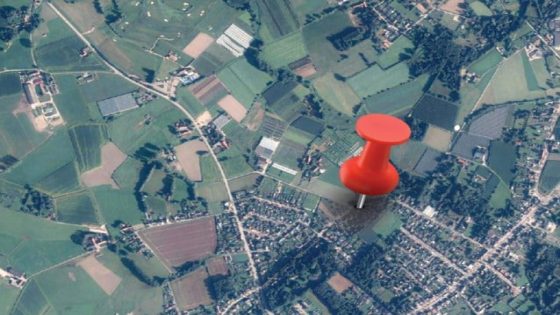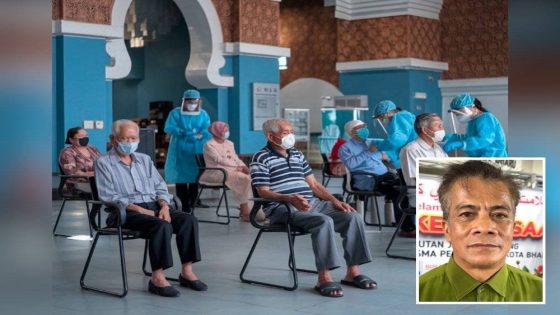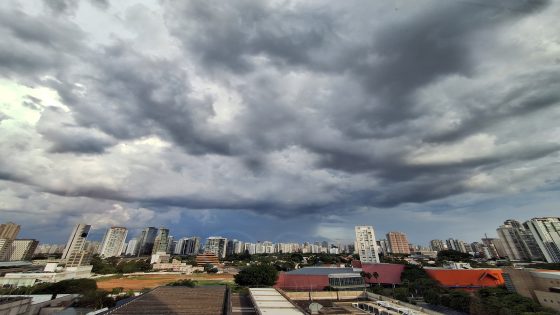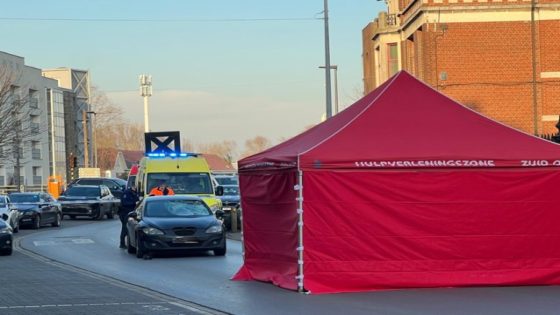The municipality of Ranst is facing a significant loss of agricultural land, with 17 hectares—equivalent to about 34 football fields—set to be repurposed for forest compensation. This change comes as part of the infrastructure developments surrounding Brussels, raising concerns among local farmers and officials.
- Ranst loses 17 hectares of agricultural land.
- Land sold to VLM for forest compensation.
- VLM's approval lacked public consultation.
- Local officials express concern over decisions.
- Opposition party criticizes government's choice.
- Farmer voluntarily sold land to VLM.
Ranst’s Agricultural Land Loss: A Concern for Local Farmers
How will this loss impact local agriculture? The recent decision by the Flemish Land Agency (VLM) to convert prime farmland into forested areas has sparked outrage among Ranst’s residents and farmers. With no public consultation prior to approval, many are questioning the priorities of local governance.
The Impact of Forest Compensation on Local Farming Communities
This transition poses risks not just for farmers but also for the community at large. The conversion of farmland into forests could lead to decreased food production and economic challenges for those reliant on agriculture. Local leaders argue that valuable agricultural resources should not be sacrificed without careful consideration.
Local Leaders Speak Out Against Land Conversion Decisions
Officials like Tine Muyshondt, Ranst’s Alderman for Agriculture, have voiced their discontent regarding this move. They highlight that while reforestation is important, using productive farmland for such purposes is misguided. The situation raises questions about how well the needs of local communities are being represented in governmental decisions.
- The VLM’s role in approving land use changes without public input.
- The potential economic fallout from reduced agricultural output.
- The need for better support systems for local farmers amidst these changes.
- The importance of balancing environmental goals with agricultural needs.
Community Reactions: Support or Opposition?
The response from both governing bodies and opposition parties has been largely negative regarding the VLM’s decision. Many believe that there should have been more transparency and community engagement before such critical decisions were made. As discussions continue, it remains essential for all stakeholders to find common ground that respects both environmental goals and agricultural viability.
































